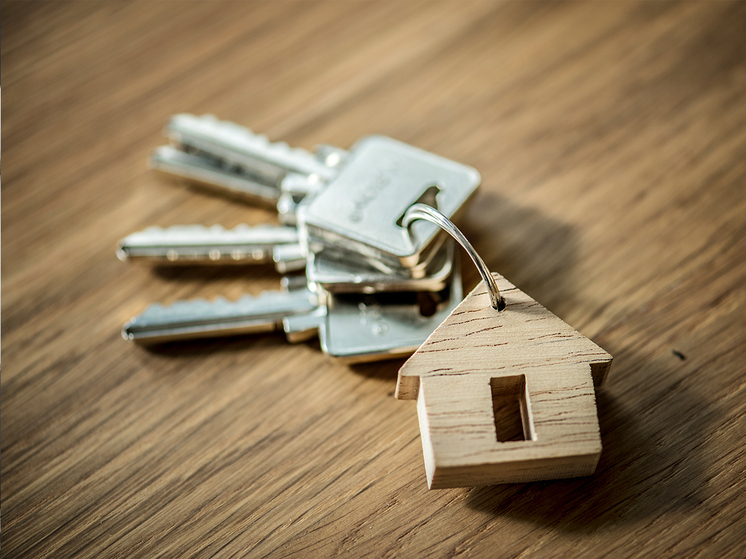Expert talks about new options for government support to improve housing affordability

The average mortgage rate in Russia exceeds 26%
The real estate market is in a difficult situation. Developers dream of increased demand, consumers - of affordable housing. But this requires a radical change in the socio-economic situation, in particular, targeted support from the state. Olga Khasanova, a CEO specialist and founder of the Urban award, looked into which methods of state regulation are best suited to the Russian economy.

test banner under the title image
Traditionally, state regulation instruments play a major role in the real estate market, since housing affordability is a key issue in the social sphere of any state. According to estimates, every second young family needs to improve their housing conditions.
The high level of mortgage rates (the average is 26.54%) leaves no chance for potential buyers in the primary and secondary markets to increase the area of their apartment, much less buy a new one. As one of the measures to increase the affordability of housing, differentiated rates of preferential mortgages were proposed depending on the average salary in a particular region. So far, only a few such programs have been launched in Russia, for example, the Far Eastern and Arctic mortgages at 2%.
Another way to help citizens acquire housing is state support for the formation of savings for the initial payment. For example, in Kazakhstan, pension savings can be used to purchase housing with a mortgage. If pension savings exceed the required norm, this surplus can be used for the initial payment on the mortgage. Moreover, the savings of close relatives can be used.
In England, the state program Help to Buy was in effect until 2023: the state lends the buyer (a nuance - only for the very first purchase of real estate and personal residence) up to 20% of the purchase price (up to 40% in London), another 5% must be provided by the borrower himself, the rest is a mortgage loan. The loan is not subject to interest for the first five years, it must be fully repaid within 25 years.
Many countries solve the problem of housing affordability with the help of non-commercial rental - renting out housing at lower (compared to market) rental rates. Most often, targeted programs are aimed at people with low income. But there are countries where this option is available to a wide range of citizens, regardless of their income level, for example, in Denmark, Sweden and Singapore. By the way, in Sweden, out of ten million residents, three million live in rental housing, and half of them live in state housing.
Another interesting government program is in effect in the UK - Shared Ownership. A citizen can buy only part of an apartment and rent the rest at a preferential rate from the state. Over time, the tenant-owner can buy out the remaining part.
Russian authorities are looking in the same direction. Not long ago, Deputy Minister of Construction and Housing and Public Utilities Nikita Stasishin reported that Russia has plans to develop non-commercial housing rental as an alternative to mortgages. The law on non-commercial housing rental was adopted in Russia back in 2014. But this program has not been widely used until recently. According to Stasishin, as of 2022, only 75 thousand square meters of social housing have been built.
- According to Stasishin, such housing is currently being built in the country at the expense of the budget of the Russian Federation, since under none of the current regulatory and financial models for the construction of non-commercial rental properties is it profitable for businesses to invest money in this. The task of the regulator is precisely to make this scheme economically attractive for private investors, - concludes Olga Khasanova.
mk.ru






